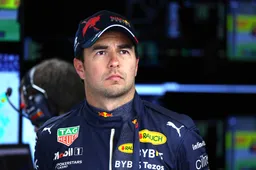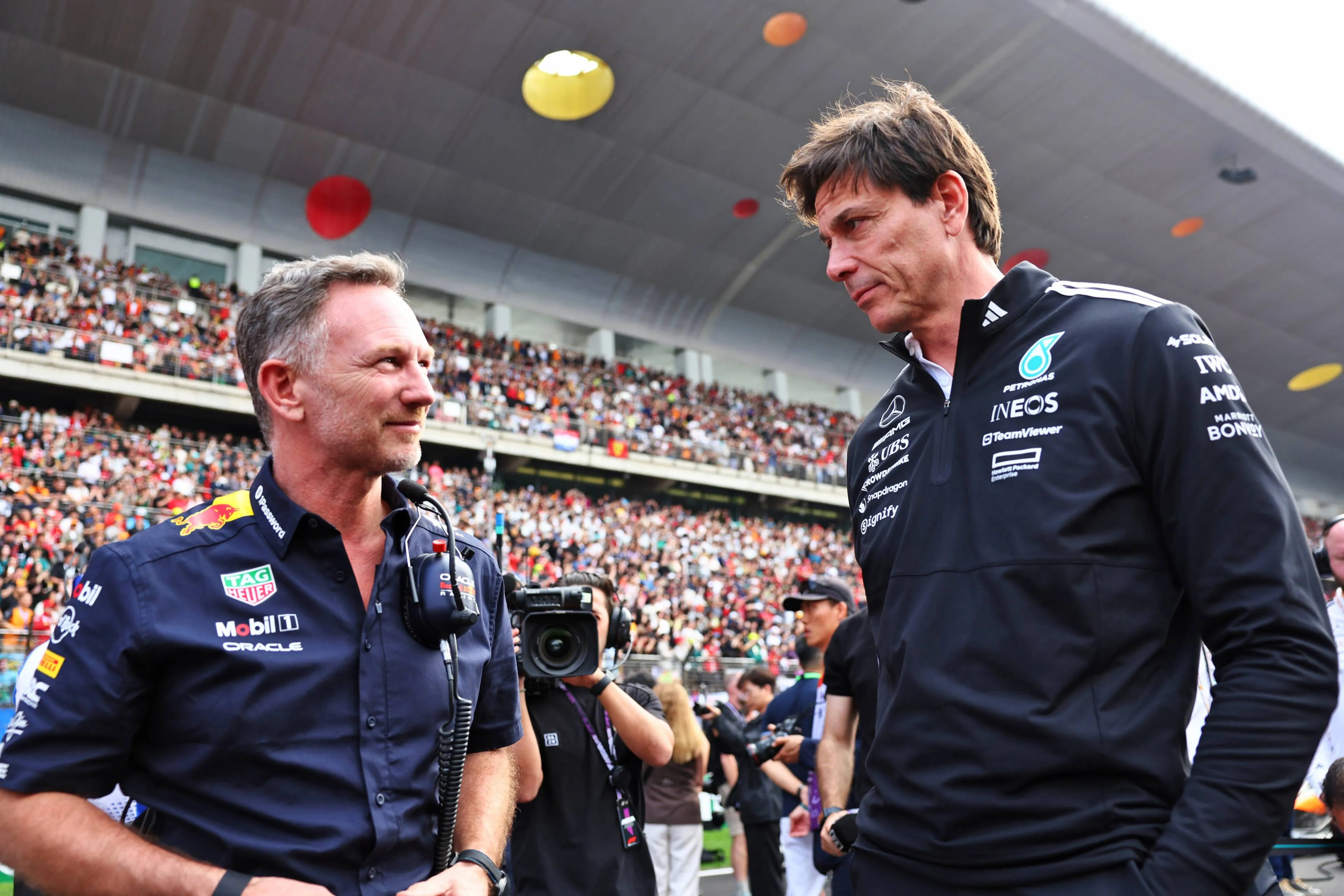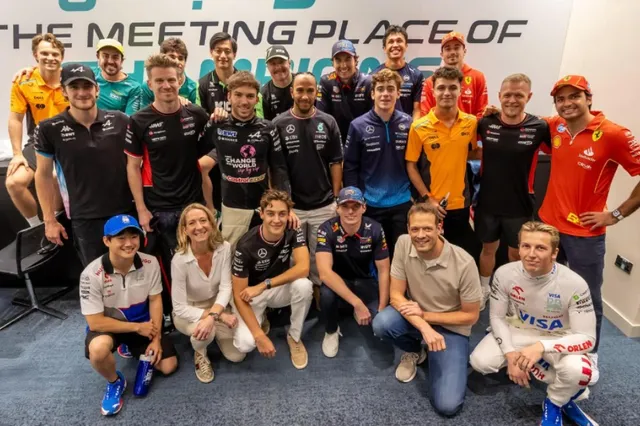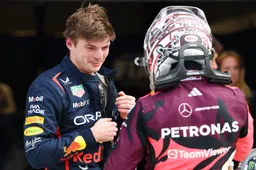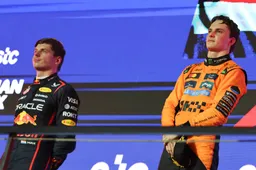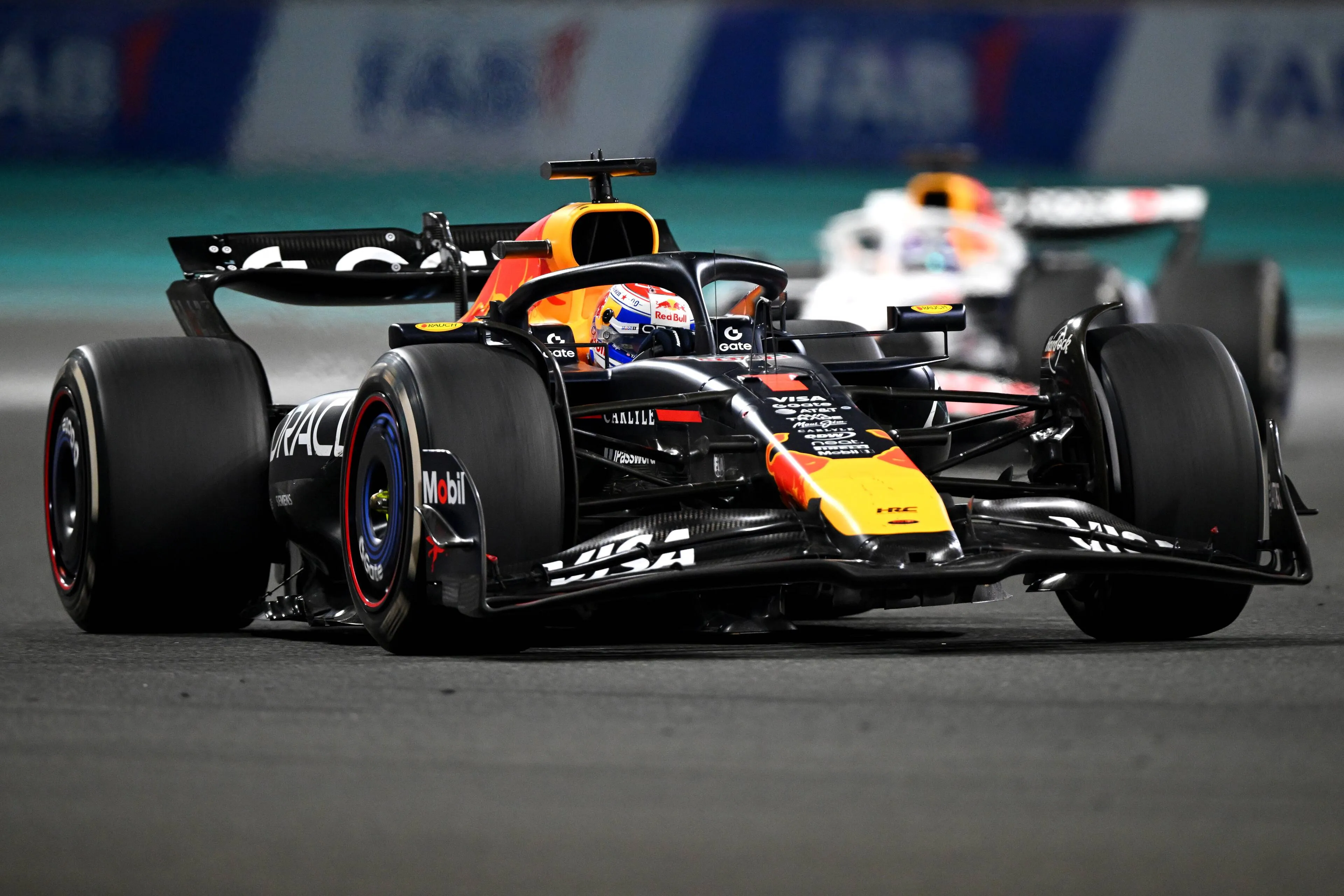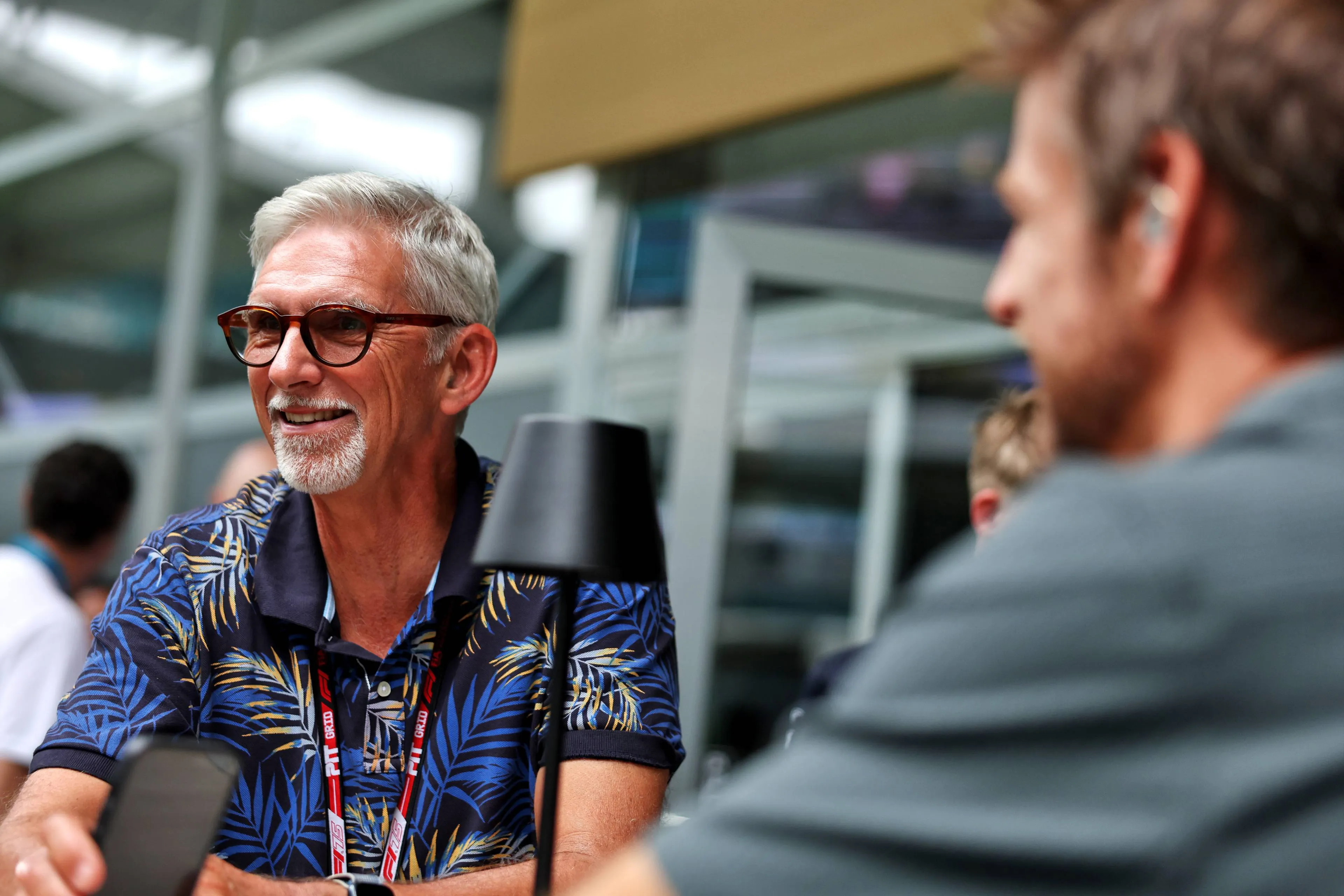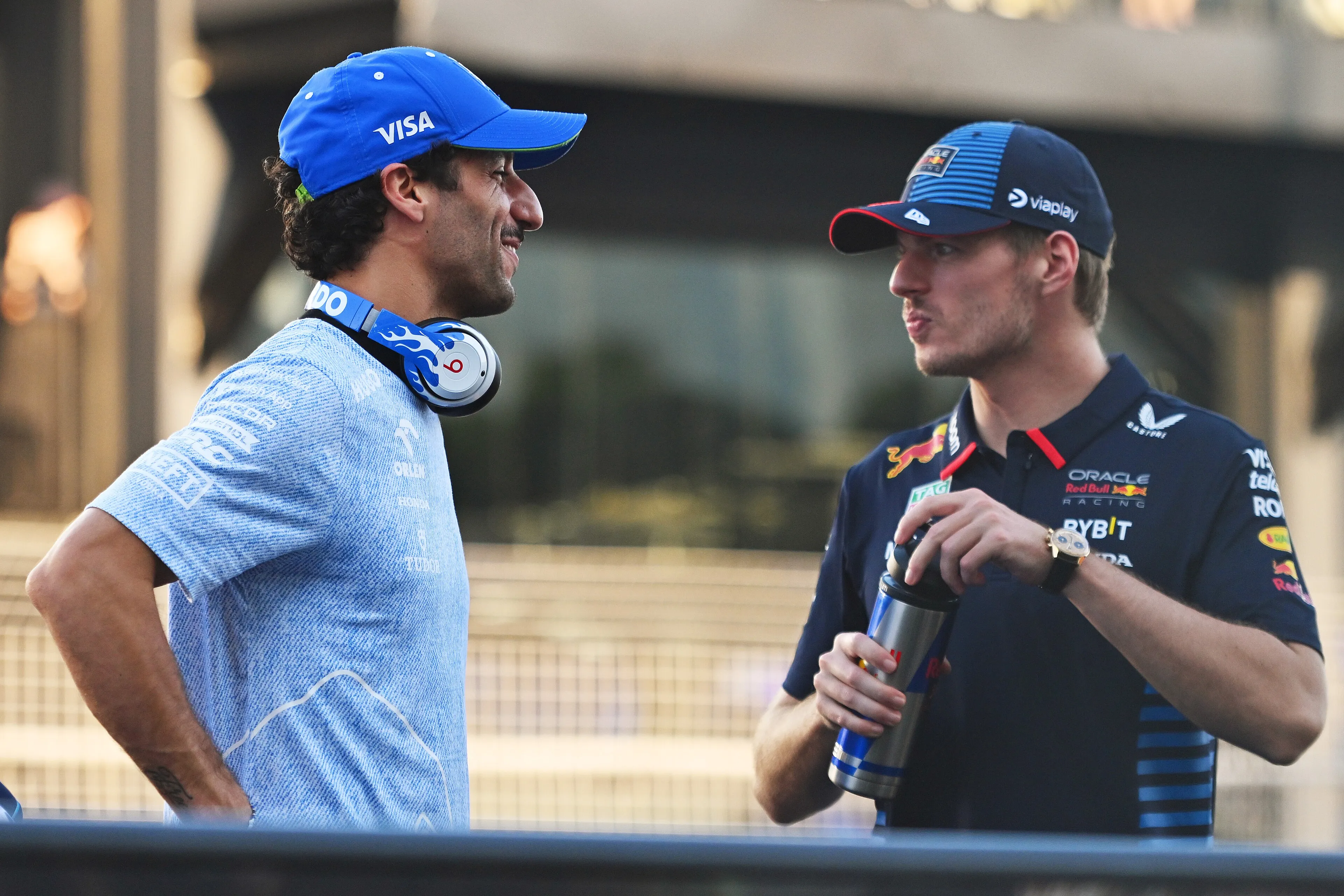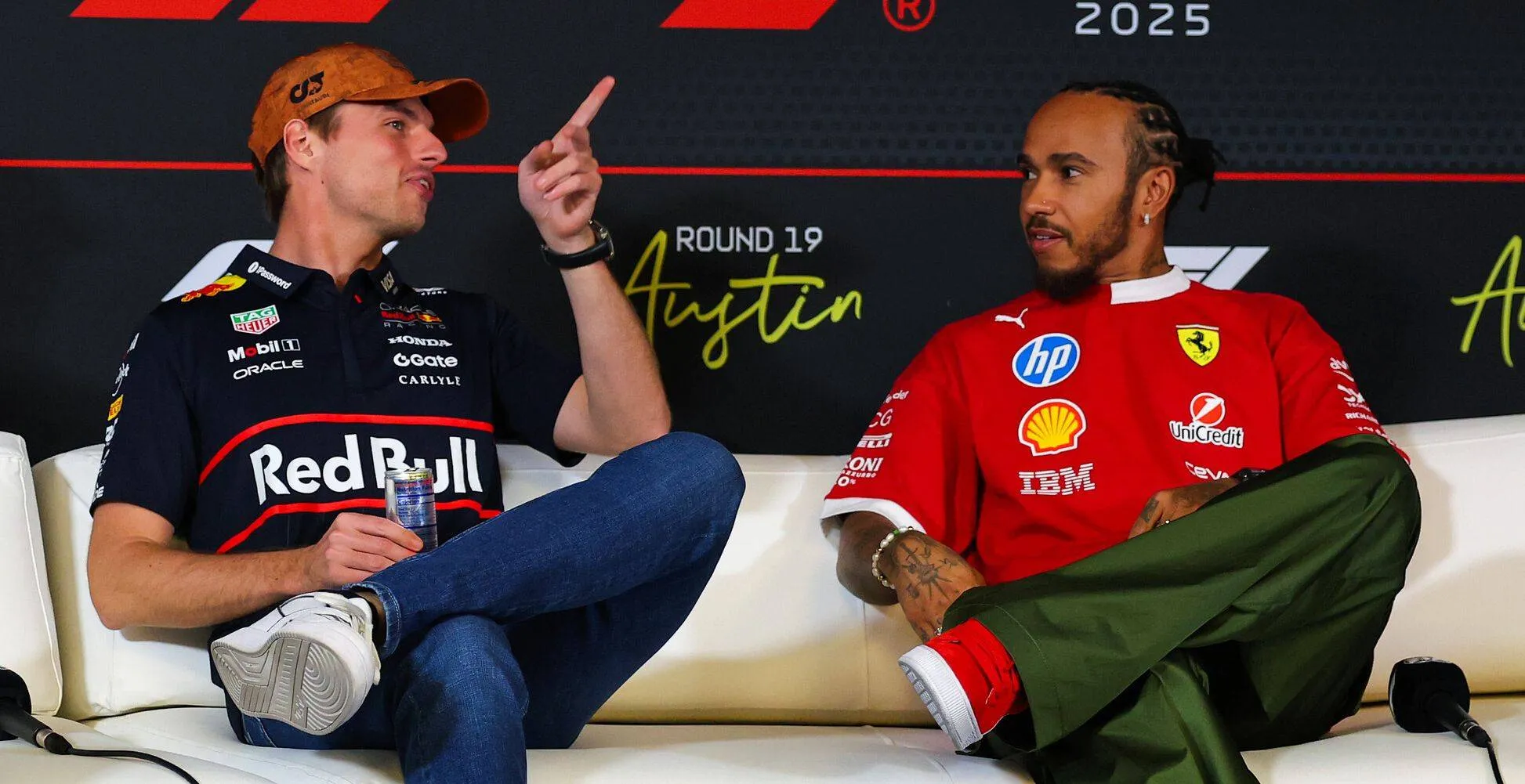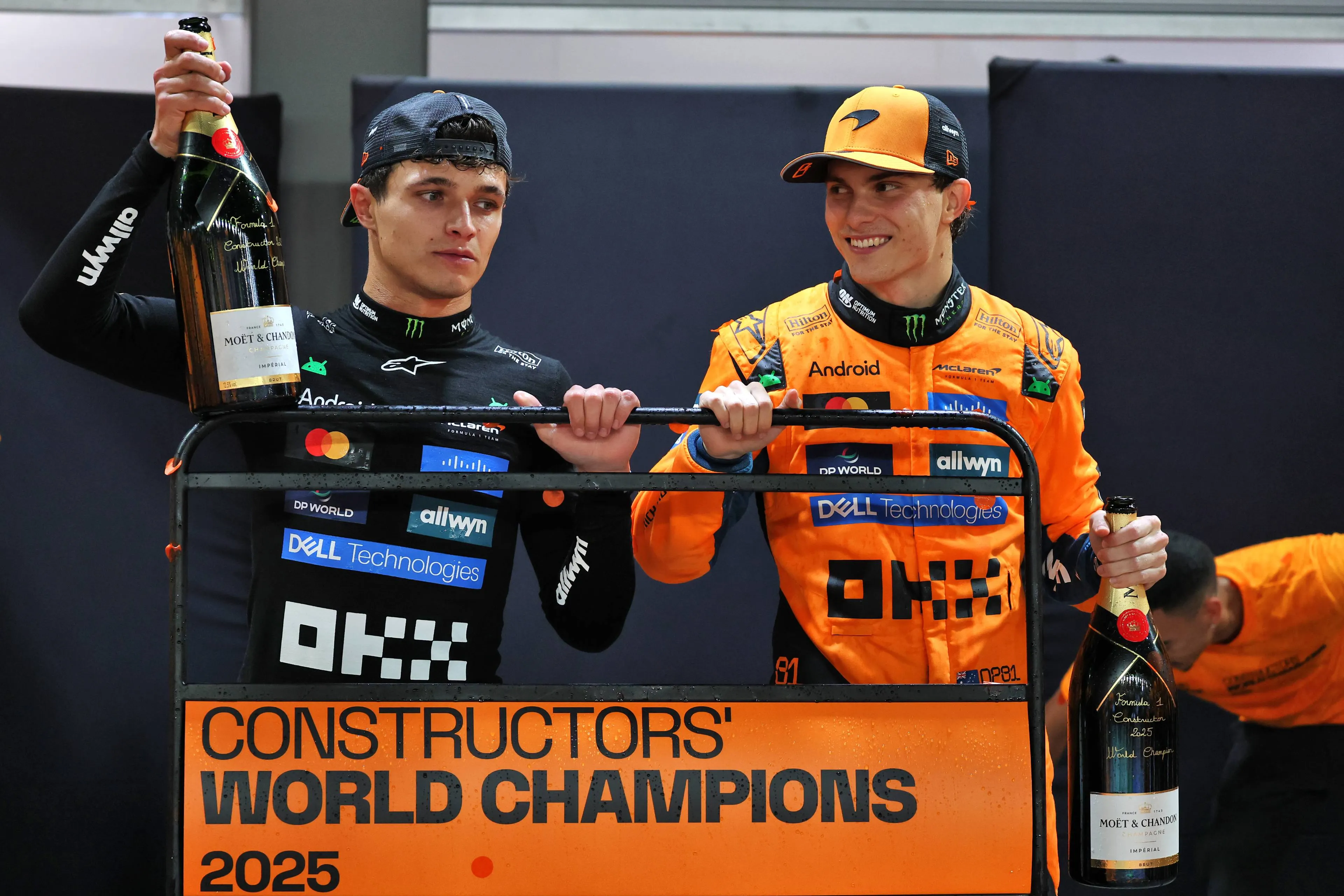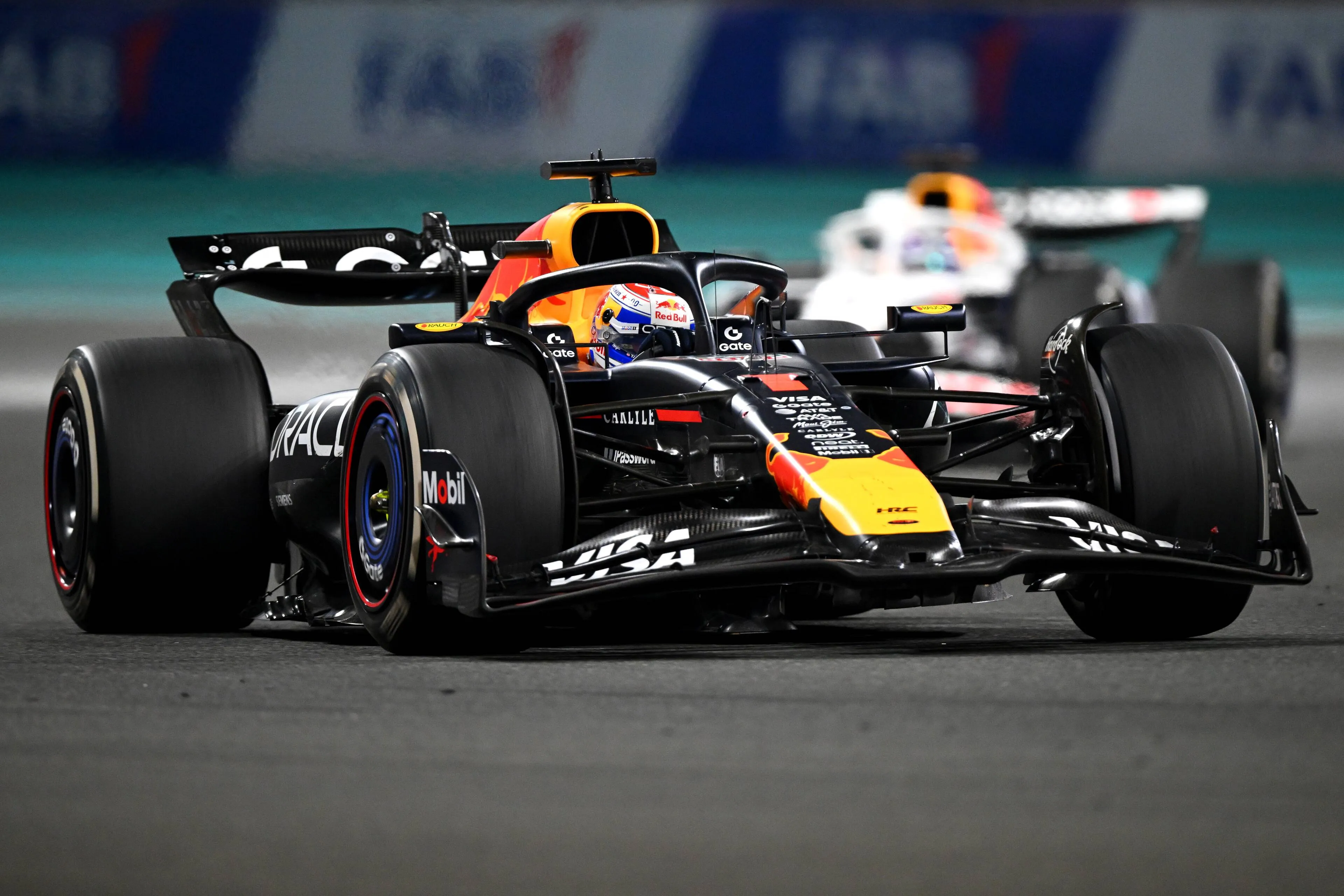Horner and Wolff have their say on the GDPA not being officially recognised by the FIA
Toto Wolff and Christian Horner have both had their say on whether the Grand Prix Drivers' Association should be officially recognised by the FIA, which it is not at this time.
Formula 1 has, specifically for the drivers, a body where they can express their opinions, the GDPA. This body is not binding and is not recognised by the FIA, with no direct links to the sports governing body.
At the GPDA meetings, drivers regularly gather to discuss matters in Formula 1, such as FIA statements or dangerous situations, allowing drivers can speak freely and come to conclusions together, even though there is no obligation to follow the drivers' advice.
The GDPA issued a joint statement supporting Max Verstappen in November when FIA president Mohammed Ben Sulayem wanted a crackdown on swearing, with the Dutchman given community service for using bad language in a press conference at the Singapore Grand Prix.
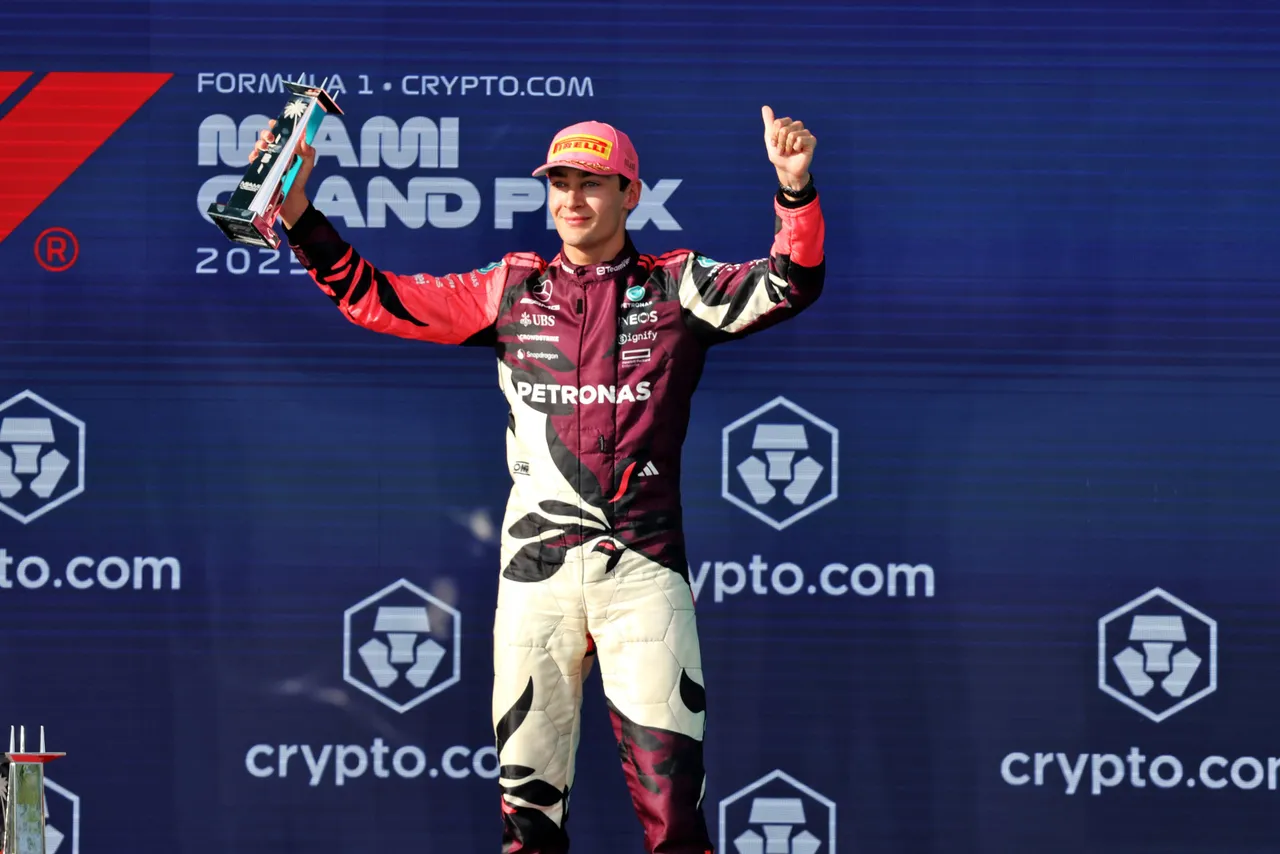
Horner and Wolff in agreement over the GDPA and its standing with the FIA
Wolff and Horner were both asked about why the GPDA isn't officially recognised and whether, as both being members of the World Sport Motor Council, what can be done to make that a possibility.
"Over the years that I've been in Formula 1, you've had times of a more vocal GPDA and then at times not," Wolff started by saying.
"I think now, there's a few good voices speaking for the drivers that are measured and manage to come up with the right inputs. They are just another stakeholder in the sport and, as such, even if not formally, they’re very well recognised informally. Listening to their opinions is important. We – at least the teams – are very much attentive to them," continued the Austrian.
Read also
Red Bull team boss Horner also endorses Wolff's statements: "Yeah, look, the drivers have an important voice. Personally, I'd be very open to them having a seat at the table. They’ve always got an important perspective. So, yeah, why not?"
This article was written in collaboration with Marnik Kok
Popular on GPBlog

Verstappen rules out Red Bull exit amid clear F1 retirement timeline

Hamilton backed for eighth title as Andretti refuses to write F1 star off
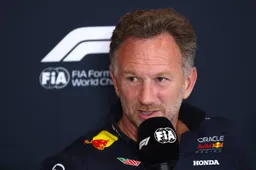
Christian Horner wants to buy Alpine - and that’s bad news for Red Bull
